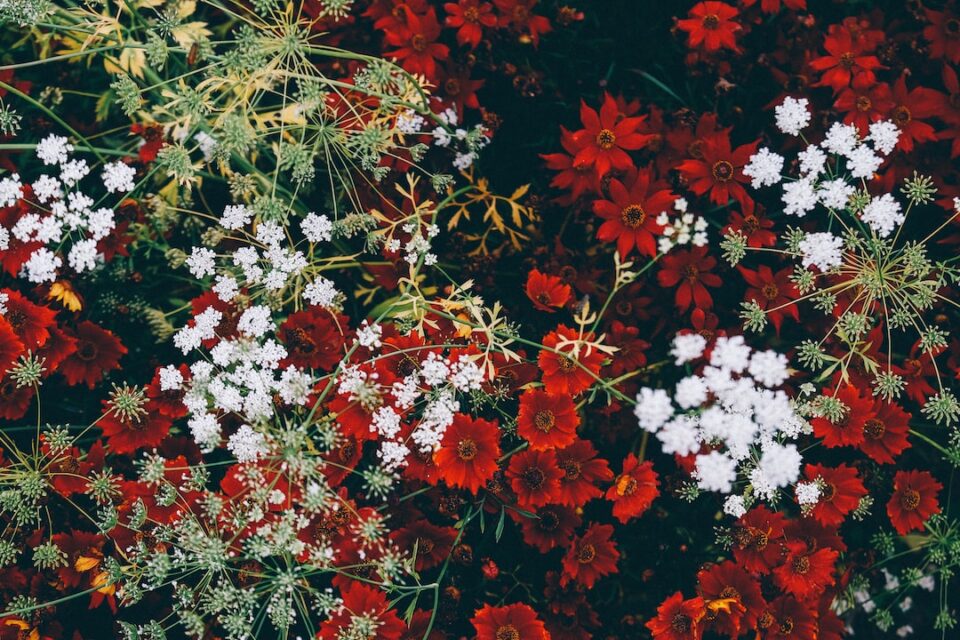Eco-Friendly Gardening Practices: Reducing Waste and Impact
Gardening brings us closer to nature, providing a sense of tranquility and satisfaction as we nurture and witness the growth of plants. However, many traditional gardening practices can have a detrimental impact on the environment if not executed mindfully. By adopting eco-friendly gardening practices, we can reduce waste and minimize our ecological footprint, ensuring a sustainable and harmonious relationship with our surroundings. In this blog post, we will explore several methods to achieve this goal.
1. Composting: The Foundation of Sustainable Gardening
Composting is a cornerstone of eco-friendly gardening practices. Instead of throwing away kitchen scraps and yard waste, composting allows us to turn them into nutrient-rich soil amendments. By creating compost, we not only reduce waste going to landfills but also produce an organic substance that nourishes our plants, eliminating the need for harmful synthetic fertilizers.
To start composting, designate an area in your garden or use a compost bin. Add a mix of green materials such as fruit peels, vegetable scraps, and grass clippings, along with brown materials like leaves, twigs, and shredded paper. Ensure the pile stays moist and turn it occasionally to facilitate decomposition. In a few months, you’ll have rich compost ready to be incorporated into your garden beds.
2. Water Conservation: The Precious Resource
Water is an invaluable resource, and conserving it is a vital aspect of eco-friendly gardening. To reduce water waste, consider implementing drip irrigation systems, which deliver water directly to the roots of plants. This method minimizes evaporation and promotes healthier root development.
Mulching is another effective technique for water conservation. By adding a layer of organic mulch, such as wood chips or straw, around your plants, you can help retain moisture in the soil, reduce weed growth, and maintain a more stable temperature for the roots.
Furthermore, harvesting rainwater is an excellent way to minimize water usage. Install rain barrels or cisterns to collect rainwater from gutters and use it to water your garden during dry spells.
3. Native Plants: A Match Made in Heaven
When designing your garden, opt for native plants whenever possible. Native species are well-adapted to the local climate and require less water, fertilizers, and pesticides. They also provide a natural habitat for local wildlife, further enhancing biodiversity in your garden.
Native plants establish a balance with the surrounding ecosystem, attracting beneficial insects and birds that help control pests and pollinate flowers. This creates a self-sustaining environment that reduces the need for chemical interventions.
4. Integrated Pest Management: A Safer Approach
In eco-friendly gardening, integrated pest management (IPM) is a holistic approach to pest control. Instead of relying solely on chemical pesticides, IPM advocates for an integrated strategy that emphasizes prevention, monitoring, and natural controls.
To prevent pest infestations, practice good garden hygiene by removing debris and keeping plants healthy. Regularly inspect your plants for any signs of pests or diseases and take swift action if needed. Encourage beneficial insects like ladybugs and lacewings by planting flowers they are attracted to, and use physical barriers like netting or row covers to protect vulnerable plants.
5. Plastic-Free Gardening: Minimizing Waste
In our pursuit of sustainable gardening, it’s crucial to minimize plastic waste. Focus on using gardening tools made from eco-friendly materials, such as bamboo or recycled steel. Replace plastic pots and trays with biodegradable alternatives or consider using repurposed containers like old buckets or coffee cans.
Additionally, opt for organic and locally sourced seeds to reduce the carbon footprint associated with long-distance transport and synthetic fertilizers.
In conclusion, eco-friendly gardening practices enable us to create beautiful, thriving gardens while minimizing our impact on the environment. By composting, conserving water, choosing native plants, implementing integrated pest management, and reducing plastic waste, we can contribute to a healthier planet and a more sustainable future. Let’s embrace these practices and cultivate gardens that nourish not only our souls but also the world around us.

